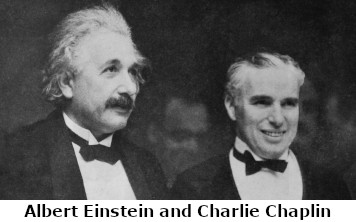Zora Neale Hurston? Apocryphal?
Question for Quote Investigator: A quotation about success has been attributed to the prominent American author and pioneering folklorist Zora Neale Hurston. Here are two versions:
Those who don’t got it, can’t show it. Those who got it, can’t hide it
Those that don’t got it, can’t show it. Those that got it, can’t hide it.
I have been unable to find this statement in her writings. Are these her words? If she did use this expression I would like to see the larger context.
Reply from Quote Investigator: In 1942 Zora Neale Hurston published an autobiography titled “Dust Tracks on a Road”, and it included the quotation; however, the wording differed from the two versions given above:
If you haven’t got it, you can’t show it. If you have got it, you can’t hide it.
Here is an excerpt showing that Hurston was discussing the future success of blacks in the United States and the world. In this passage she emphasized the perspective of the individual. Boldface has been added:1
It would be against all nature for all the Negroes to be either at the bottom, top, or in between. It has never happened with anybody else, so why with us? No, we will go where the internal drive carries us like everybody else. It is up to the individual. If you haven’t got it, you can’t show it. If you have got it, you can’t hide it. That is one of the strongest laws God ever made.
Here are additional selected citations.
Continue reading “Quote Origin: If You Haven’t Got It, You Can’t Show It. If You Have Got It, You Can’t Hide It”
